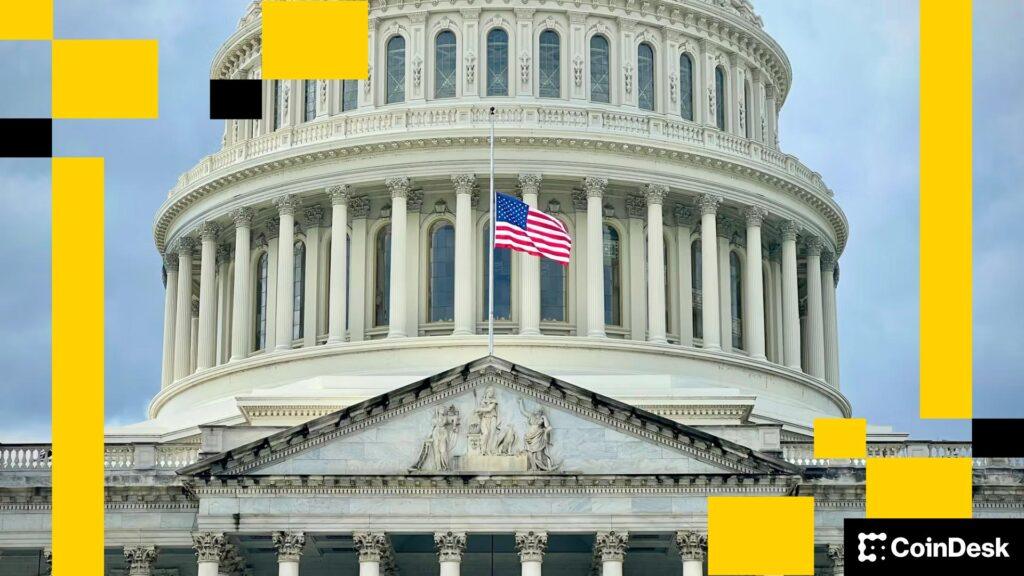The cryptocurrency industry is pushing back against a document that allegedly outlines a US Senate Democratic speech on handling decentralized finance (DeFi) as a component of a broader effort to regulate cryptocurrencies in the US.
The proposal, a detailed outline outlining an approach to DeFi, first reported by Politico, suggests that a company or individuals that handle client needs in the front-end part of a DeFi operation would need to register with the Securities and Exchange Commission or the Commodity Futures Trading Commission and be regulated as brokers.
The language defining who would be involved in regulation as an intermediary would appear to include “everyone in crypto,” according to a take posted on social media site X by Jake Chervinsky, Variant’s chief legal officer.
“Many aspects of the proposal are fundamentally broken and unworkable,” he said. “This is not a ‘first offer’ in a negotiation; it is a list of demands that appear designed to kill the bill.”
Summer Mersinger, who heads the Blockchain Association and was recently a CFTC commissioner, said the proposal would “effectively ban decentralized finance, wallet development and other applications in the United States.”
“The language as written is unenforceable and would drive responsible development abroad,” Mersinger said in a statement. “We urge our policymakers to stay at the table.”
Before work on the Senate’s crypto market structure fell into the shadow of the ongoing negotiation to reopen the federal government, Senate Republicans and Democrats were circling over legislative language and appeared to be within range of making progress on a combined final bill. But the industry was bracing in August for an expected pushback from Democratic Sen. Mark Warner, a key lawmaker on national security issues who has expressed concerns about illicit cryptocurrency financing.
This latest proposal apparently seeks to allow the Treasury Department, markets regulators, and the Federal Reserve to squeeze out bad actors by allowing government agencies to identify those they can hold accountable for DeFi activity, described loosely as “anyone who designs, implements, operates, or benefits from a DeFi interface.” However, he maintains that pure DeFi protocols that do not make money can be defined as “sufficiently decentralized” to be outside the regulatory perimeter.
The proposal also seeks to free software developers from legal liability for their open source creations, as long as they do not make money using the technology. This issue of liability has been among the top concerns in the DeFi space.
Meanwhile, lawmakers in the House of Representatives, where a market structure has already been approved by a wide margin, have been calling on the Senate to go ahead and use its Digital Asset Market Clarity Act as a model instead of starting over.
However, the Senate legislation relies more on bipartisan support to overcome the usual 60-vote requirement. While crypto labor has a long list of Democratic allies, they have made it clear that there are a number of changes they are seeking in previous Republican legislative drafts before they can join.
Read More: A16z and DeFi Group Submit to US SEC on Safe Harbor for DeFi Applications




